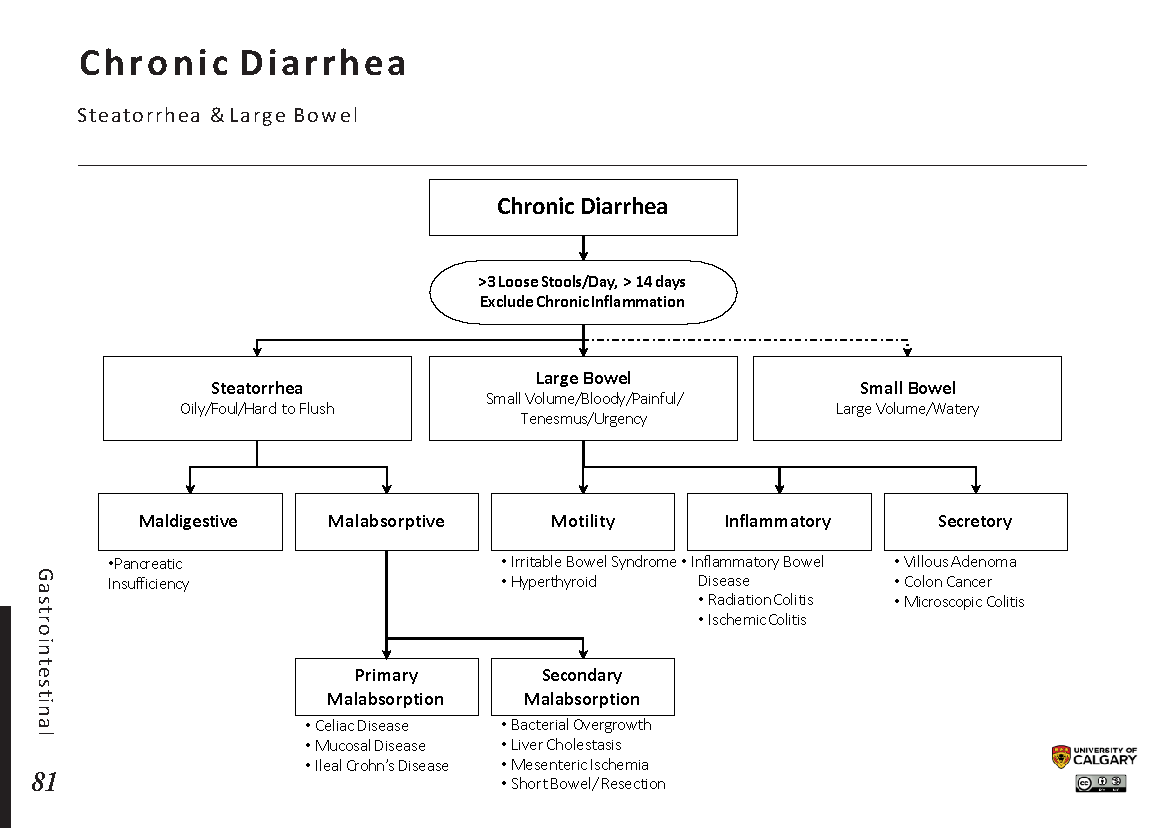

Trouble digesting or absorbing certain foods can lead to stomach pain and diarrhea after eating.įood intolerance is surprisingly common. Your digestive system may become unable to handle certain types of food or food constituents. IBS treatments aim to control the symptoms and prevent a flare-up. Learn more about how IBS is diagnosed here. We use symptom-based criteria to diagnose IBS called the ROME IV criteria. Your doctor diagnoses IBS based on particular symptom criteria after exclusion of other similar causes. Unfortunately, we don’t Have a specific test to diagnose diarrhea. Fever, weight loss, and night diarrhea are NOT features of IBS.

About 10% to 15% of the entire world has IBS ( reference ). Irritable bowel syndrome is a widespread disease. But, the differentiation ultimately needs an evaluation by your doctor. I will do my best to explain the differences. However, The symptoms are overlapping and similar across many of them. Next, we will discuss the features suggesting each disease or condition. The items below are in the order of commonality. This article will mainly focus on the CHRONIC causes of abdominal pain and diarrhea after eating.

Others such as endocrinal diseases, Gastrointestinal cancers, etc.Small Intestinal Bacterial Overgrowth (SIBO).Inflammatory bowel disease as Crohn’s disease and ulcerative colitis.Pancreatic diseases (especially chronic pancreatitis).Gallbladder diseases and bile acid diarrhea.Food intolerance such as lactose intolerance.The most common causes of stomach pain and diarrhea after eating include: A wide variety of diseases and conditions can lead to stomach pain after eating and diarrhea.


 0 kommentar(er)
0 kommentar(er)
